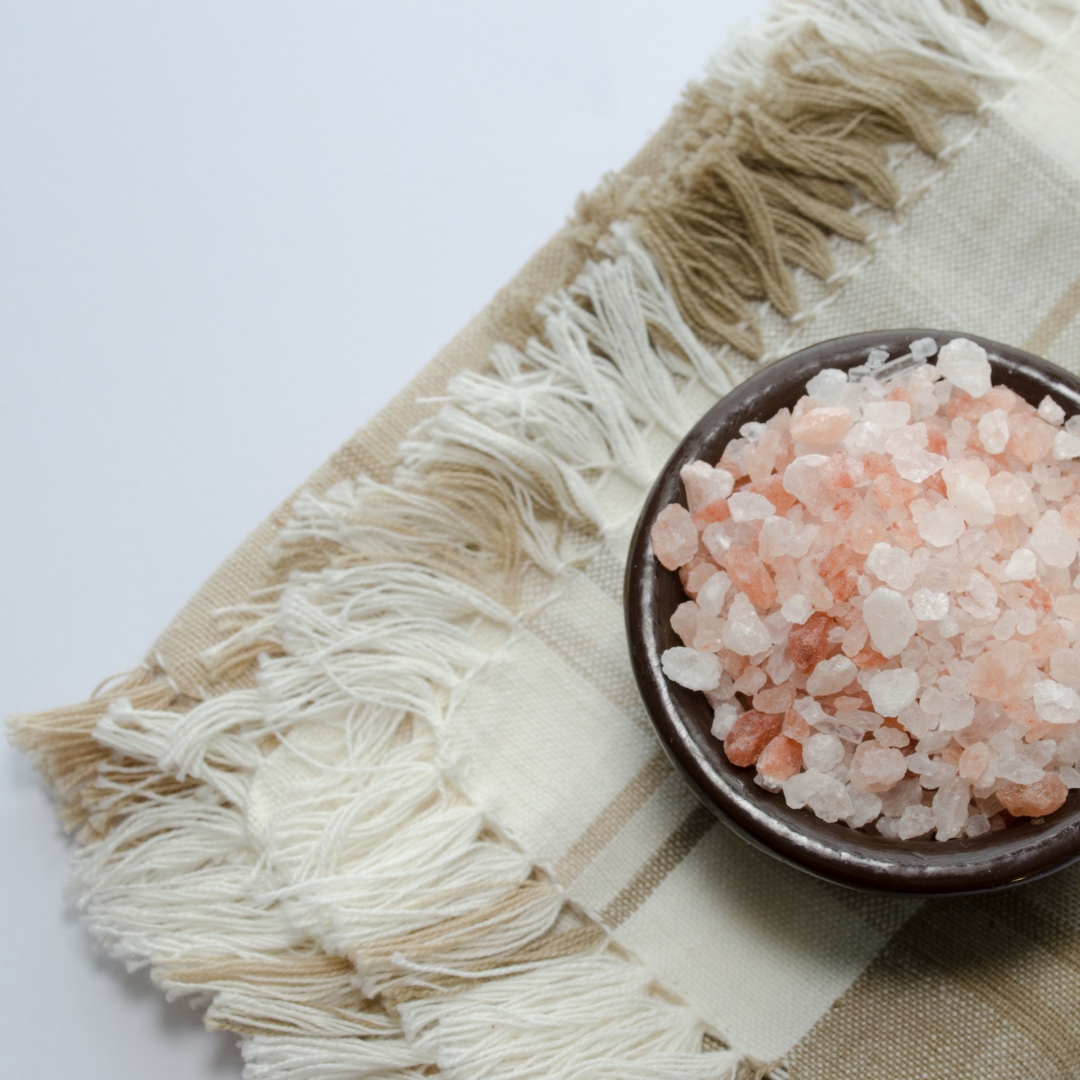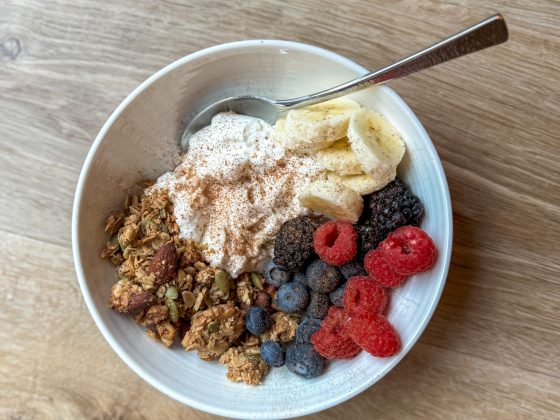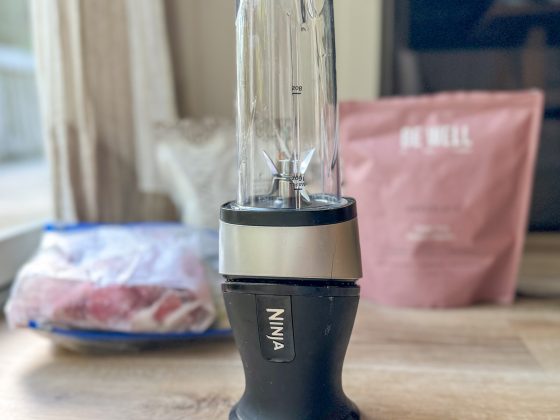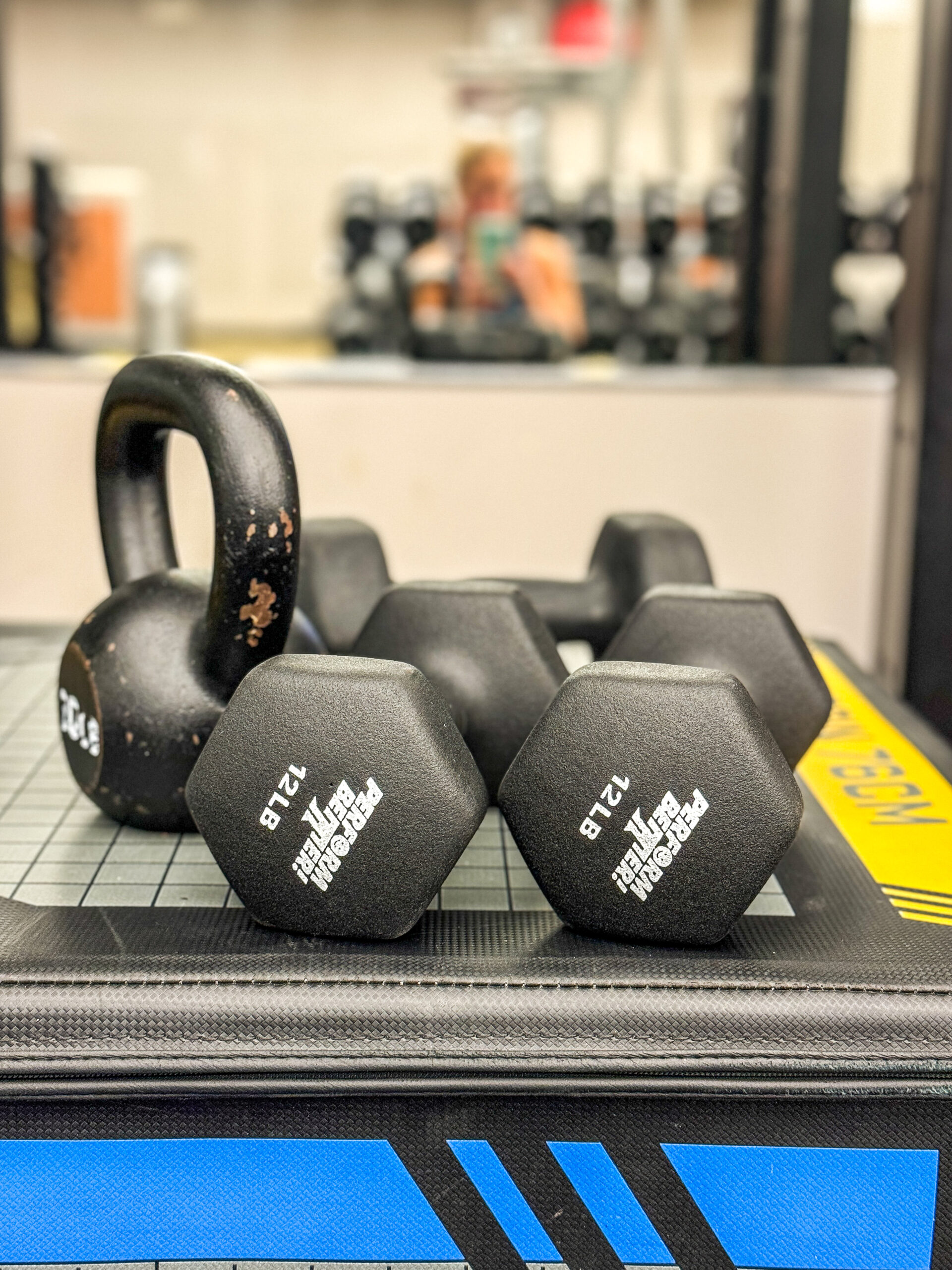Iodine is an essential mineral needed in our diet. Nearly two billion people worldwide suffer from iodine deficiency, but in the United States, it does not pose an issue as the normal American diet contains adequate amounts of iodine. Here’s what iodine is and why it’s crucial to incorporate this into your diet.
What Is Iodine?
“Iodine is a mineral used in the production of thyroid hormones, which help to modulate metabolism and growth,” says Ashley Shaw, MS, RD, a registered dietitian at Preg Appetit. Our thyroid hormones need iodine to help control our growth and regulate how our body repairs damaged cells. Insufficient iodine intake will result in the thyroid gland not being able to produce thyroid hormones, leading to many developmental abnormalities such as brain damage.
People of all ages need iodine, but it’s particularly important for those who are pregnant and breastfeeding. “Iodine is key for growth and brain development in the fetus and early life,” says Shaw. When you are pregnant, your body uses up a lot of iodine to produce more thyroid hormones, making you more susceptible to iodine deficiency. Small infants are also likely to develop iodine deficiency, so people who are breastfeeding should drastically increase their iodine intake. Most prenatal and postnatal vitamins contain iodine, so talk to your healthcare provider before taking an iodine supplement.
How Much Iodine Do We Need?
Iodine intake varies across different age groups. “It’s usually recommended you get 150 mcg of iodine per day. Most people do not need to worry about their iodine intake, as many products have iodine in them, including salt,” says Mary Gollan, MS, RD, a registered dietitian at Preg Appetit. The National Institute of Health (NIH) currently recommends the following iodine amounts per day for each stage of life:
Birth to 6 months: 110 mcg
Infants 7–12 months: 130 mcg
Children 1–8 years: 90 mcg
Children 9–13 years: 120 mcg
Teens 14–18 years: 150 mcg
Adults: 150 mcg
Pregnant women: 220 mcg
Breastfeeding women: 290 mcg
Foods Rich In Iodine
Iodine is available in a few, yet popular foods in the United States, like seafood, dairy, and grains. When it comes to salt, only 50% of all brands are iodized. Individuals who are allergic or limit their intake of these foods can be at risk of iodine deficiency. This can lead to mental fog (difficulty learning and/or with memory), fatigue, weakness, goiter, and hair loss, says Shaw.
It is often also difficult to figure out how much iodine is in each food product since that information does not appear on the nutritional label. Here are some healthy foods high in iodine:
-
Seaweed
-
Cod
-
Dairy (e.g. cheese, milk, yogurt)
-
Iodized Salt
-
Shrimp
-
Tuna
-
Eggs
-
Prunes
-
Lima Beans










